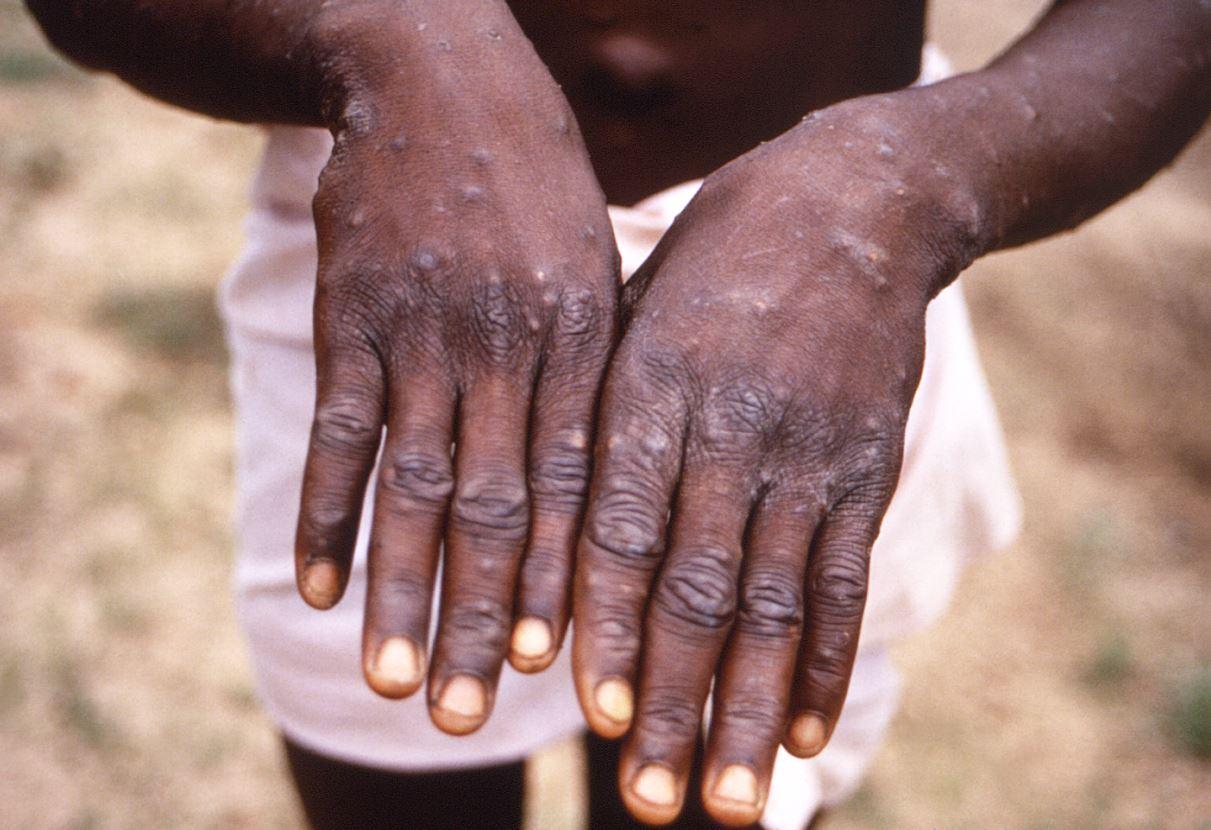
Medecins Sans Fronteires (MSF, or Doctors Without Borders) said yesterday that it battled an mpox outbreak in the Democratic Republic of the Congo (DRC)’s Equateur province from August to mid-October.
An emergency team was in the Bolomba health zone in the western DRC to help health officials treat 890 mpox patients, provide education, contain spread of the virus, support 11 remote health centers, and conduct surveillance. Seventy-two patients (8.1%) were hospitalized.
Mpox, which is characterized by skin lesions, can be accompanied by fever, sore throat, muscle aches, or lymph-node pain.
“If the disease is not treated in time, it can lead to complications and death in those affected, especially if their immune system is compromised by other diseases,” Raphael Kibwantiaka, head of MSF’s emergency response in Bolomba, said in a news release. “As Bolomba was already grappling with a measles epidemic, we intervened against both diseases.”
Measles, malnutrition, malaria
The workers followed up with more than 800 mpox patients at home and organized awareness-raising activities in healthcare facilities and the community to prevent disease transmission and combat stigma, “as the disease has highly visible signs on the body, sometimes leading to the rejection of patients by the community,” Kibwantiaka said.
The emergency team vaccinated 110,723 children against measles and treated 3,355 others. They also treated 827 malnourished children and 2,583 with malaria.
The disease has highly visible signs on the body, sometimes leading to the rejection of patients by the community.
Staff sometimes had to travel by canoe or motorcycle, often in the rain. Kibwantiaka said Bolomba’s remote, densely wooded environment is rich in wildlife, which makes it conducive for the development of diseases with animal origins, such as mpox.
“Eating bushmeat, handling dead animals, and animal bites or scratches encourage the transmission of the virus from animals to humans,” he said. “Infected individuals then become highly contagious and need to isolate themselves quickly to prevent widespread transmission.”







